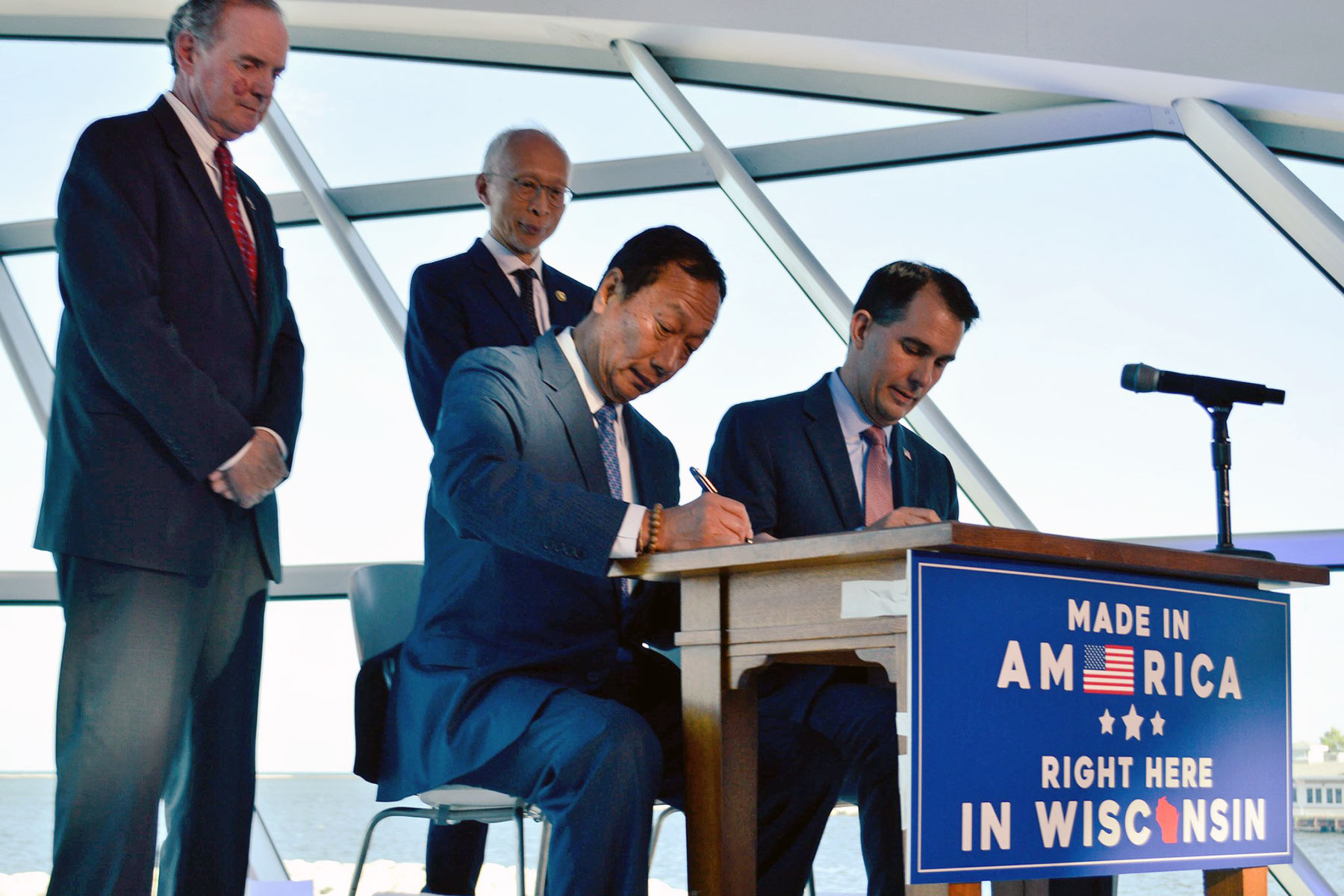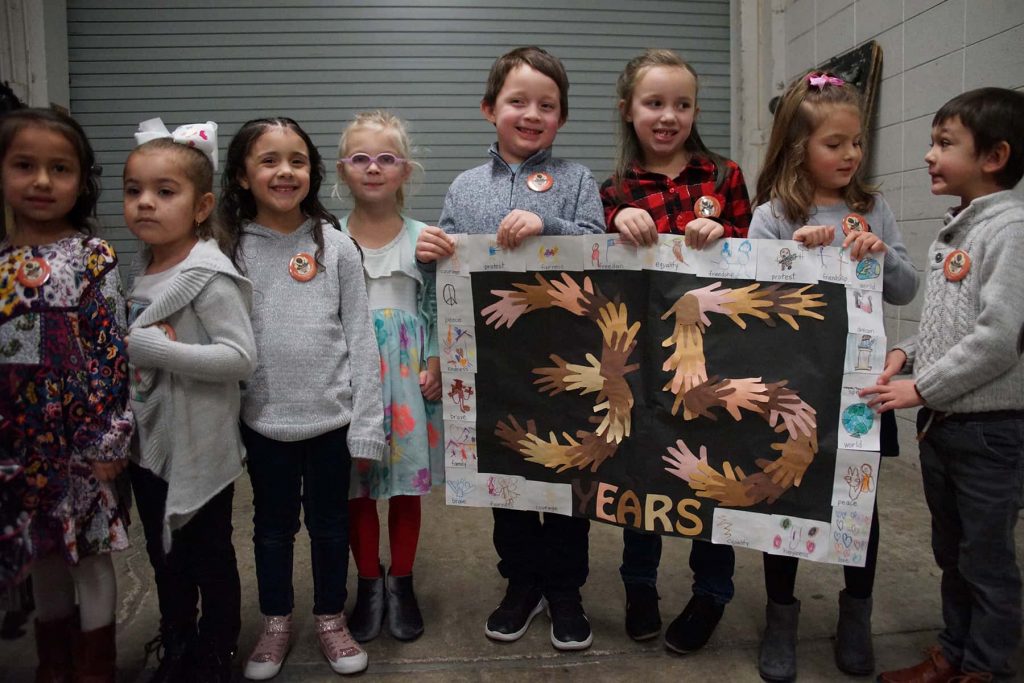
Wisconsin taxpayers could get fleeced with the proposed $3 Billion State subsidy for Taiwanese manufacturer Foxconn.
A proposed deal to lure a factory owned by Taiwanese electronic manufacturer Foxconn to Wisconsin could commit state taxpayers to shelling out $3 billion to the company on the promise of job creation. Supporters of the deal are touting “safeguards” to protect the state from subsidizing Foxconn unless promised jobs appear.
However, missing from the legislation is any guarantee that the jobs associated with the construction or ongoing operation of the factory will go to Wisconsin residents, according to Mike Browne.
“There’s nothing in this Foxconn deal to prevent Wisconsin taxpayers from paying for jobs that will go to people in Illinois or other states,” said Browne, Deputy Director of One Wisconsin Now. “Failing to guarantee that Wisconsin tax dollars support Wisconsin jobs takes a bad deal and makes it worse.”
The proposed bill that could be considered in a special session of the legislature, 2017 August Special Session Assembly Bill 1, includes a formula to calculate how much in refundable tax credits, money sent directly to Foxconn from state coffers, Wisconsin would be on the hook for every year for fifteen years. But missing from the formula in the bill is any specific requirement that the jobs earning the state taxpayer funded subsidy be held by Wisconsin residents.
Based on figures produced by Foxconn itself, the deal was already suspect as making fiscal sense for Wisconsin taxpayers. Their numbers show the state potentially writing an annual check for up to $250 million to the corporation while receiving roughly $180 million in state and local tax revenue in return, a shortfall of up to $70 million for Wisconsin.
Browne noted that Foxconn is notorious for over promising and under delivering on their claims of capital investment and jobs creation. For example, no action has been taken by the company to follow up on a 2013 promise to invest $30 million and create hundreds of jobs in Pennsylvania.
That casts suspicion on the claims made in Foxconn’s promotional material that they will source roughly half of their promised spending on construction and equipment from Wisconsin.
“We already know this deal could mean Wisconsin taxpayers are literally writing a $200 million plus check out of the state budget to subsidize Foxconn’s bottom line every year, for fifteen years,” added Browne. “But what we don’t know yet is how much of our money we’re being asked to shell out will go to benefit people in other states, like Illinois. A corporation just saying they’ll hire some Wisconsin workers in exchange for Wisconsin tax dollars doesn’t make it so.”














